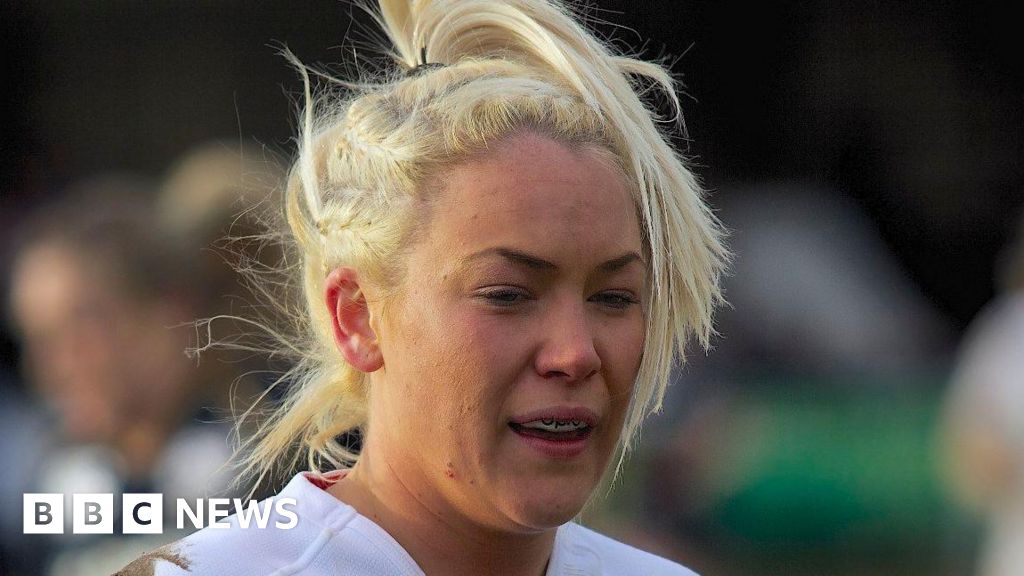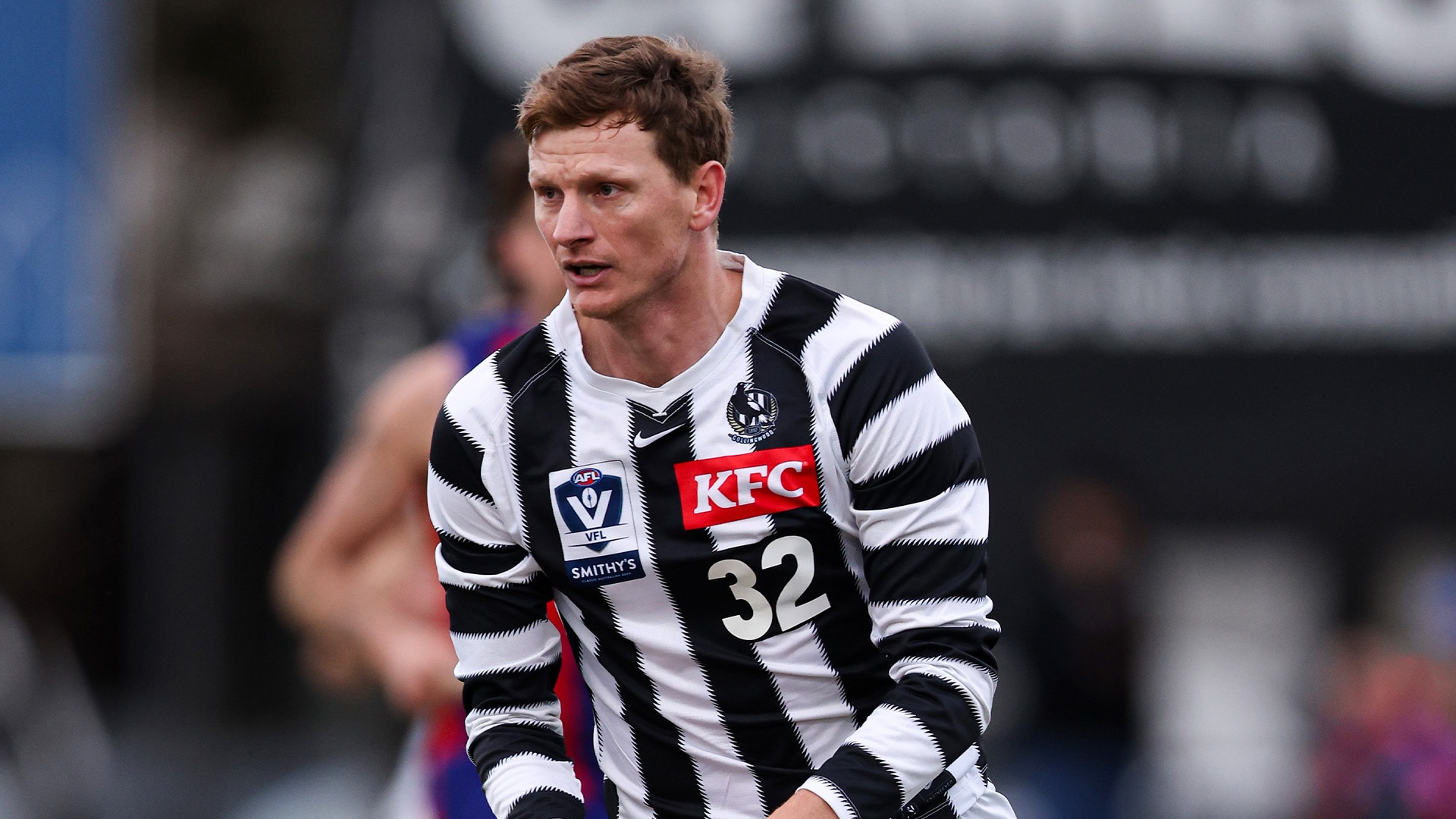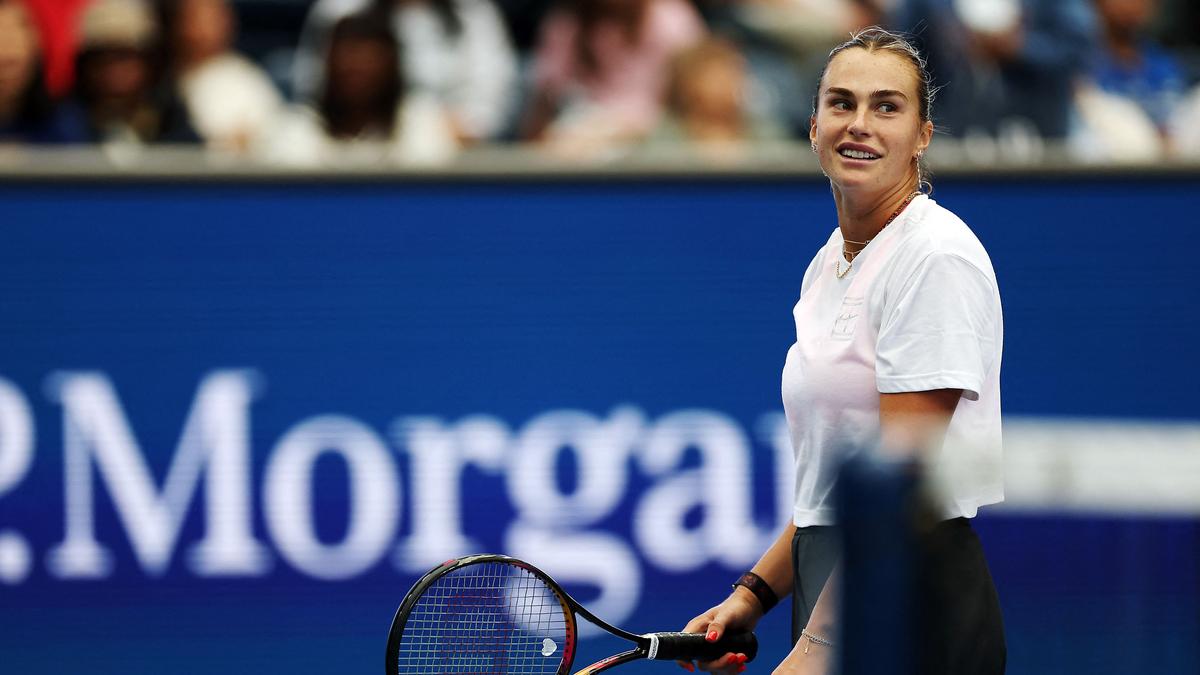Bayern Munich send message with Bundesliga at crossroads

Bayern Munich opened the new Bundesliga season in style while the chasing pack all faltered. But a new broadcast rights deal with content creators threatens to pit the country's fan culture against a new type of fan."We wanted to send a statement from the first game at home and that's what we did today," said Harry Kane, who scored a hat-trick as Bayern Munich hammered RB Leipzig 6-0 on the first day of the 2025-26 Bundesliga season. Given that Bayern were last season's champions and Kane was top scorer, the message rang out loud and clear across Germany on Friday.Come Saturday, the chasing pack had the chance to show they have what it takes to stop the Bavarian club winning a 14th title out of the last 15. Of the three clubs bookmakers expect to join Bayern in the top four, Bayer Leverkusen, the only club to break Bayern's streak with an unprecedented unbeaten campaign in 2023-24, lost at home to Hoffenheim. Borussia Dortmund, the team who won it before the streak started, led 3-1 after 85 minutes only to fall to a draw against St. Pauli. The final side were RB Leipzig themselves."We're definitely making it harder than we need to," concluded Dortmund goalkeeper Gregor Kobel. "It‘s certainly not what we imagined."Borussia Dortmund goalkeeper Gregor Kobel could not stop his side dropping late points again Image: Sina Schuldt/dpa/picture allianceThe Bundesliga's lack of competition at the top has long been a criticism of Germany's top flight. It has also hindered it on a broader stage, both in sporting and commercial terms. The last German side other than Bayern to win the Champions League was Dortmund 28 years ago. Since then, England's Premier League and Spain's La Liga have secured huge foreign TV rights deals that have allowed top sides from those countries to spend big on players that German sides outside of Bayern could not afford. Consequently, English or Spanish sides have won 10 of the last 12 Champions League titles.Content Creators now part of the BundesligaThe DFL, who operate the Bundesliga, attempted to negotiate a €1 billion ($1.2 billion) investment deal with a private equity partner last year, only for fan protests to win out and the deal to be pulled. The main nature of the fans' objection to the deal, which would have seen the investor own a stake in the league, was the over-commercialization of football, something rejected much more vehemently in Germany than any other top European leagues.Just days ahead of the new season, the DFL announced a new strategy, for the broadcast market in the UK and Ireland. While deals with traditional broadcasters cover most of the matches, it was the decision to award streaming rights to two YouTube channels, including 'That's Football', run by Mark Goldbridge, who made his name hosting "watchalongs" (where fans watch a content creator watching a match) on a Manchester United YouTube channel. Those watchalongs will now feature live footage for 10 games of the Bundesliga season."Our approach is as diverse as our supporters," said Peer Naubert, chief executive officer of Bundesliga International earlier this week. According to the DFL, this is the "first-time ever a top league will grant live rights for an extensive package of matches to content creators in Europe.”The theory goes that younger fans consume the sport in a non-traditional way. Rather than watching a match live at the stadium or on TV, they use watchalongs, social media clips, video games or interact with their favorite players on social media.Bundesliga seeks to attract new global generationIt is a bold move from the DFL. Essentially, the league are gambling that pioneering such an approach will help them steal a march on the other top European leagues, particularly the Premier League, in an attempt to somewhat redress the balance.It's unlikely this move will close a gap in foreign TV rights deals between the two leagues, which stood at nearly €3 billion last season, but it might, the DFL hope, win over a new generation of global fans who consume football in a different way.The clash of cultures with the traditional matchgoing fan is clear. Germany's fan culture, partly thanks to the 50+1 rule which enshrines majority member-ownership of clubs, is stronger than in England, Spain, Italy or France — which, along with the Bundesliga, are widely considered Europe's top five leagues. The rule means clubs are much more accountable to their fans in terms of sponsorship deals, ticket prices or the matchday experience. Even Bayern have recently climbed down in their sponsorship deal with Rwanda after fan pressure.Protests like this, from Borussia Dortmund fans are commonplace in Germany. The banner reads: No to investors in the DFL Image: Moritz Müller/IMAGOAt the moment, the rights in the UK and Ireland are not as much of a concern to those fans as last year's proposed deal, which would have seen the investor take 8% of all league revenues, including broadcast, over 20 years.Though top level football has moved away from prioritzing the local fan in the stadium to courting the international fans on social media, the hope of many of the former group is that the game itself is a fundamental part of the appeal. And for the Bundesliga, a lack of competitiveness at the top will undermine the product, regardless of how it's packaged.That said, the aborted breakaway European Super League — proposed in 2021 and notably rejected by Bayern and Dortmund but embraced initially by others — was based on selected top clubs playing each other over and over again, as is the newly-revamped Club World Cup.It should be far too early to draw any conclusions about Bayern retaining the title. But perhaps, outside of Munich and Germany, it's not that important anyway.Edited by: Karl Sexton












